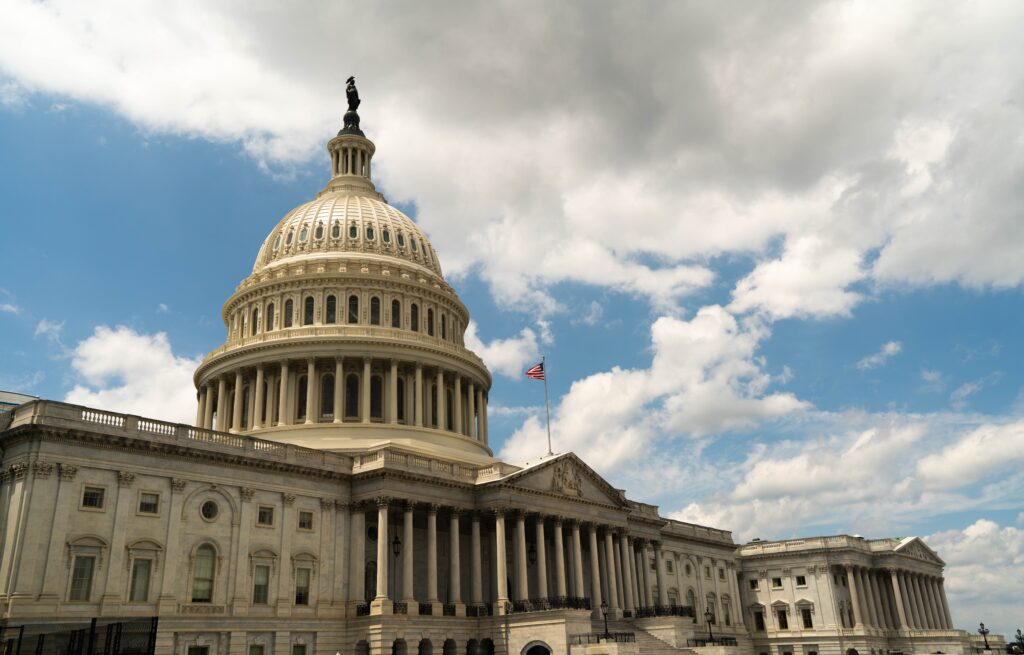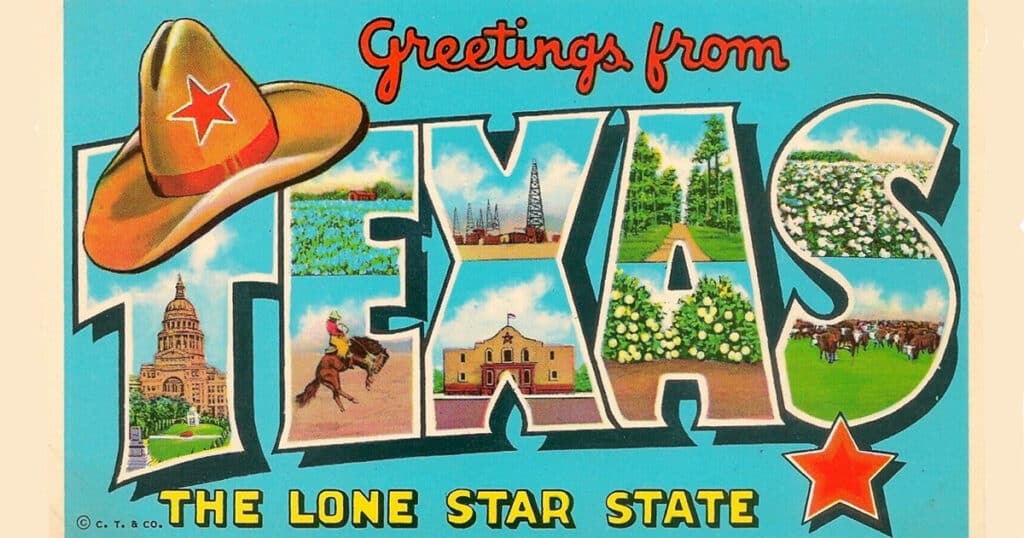
As Kevin McCarthy Ascends to Speaker, a Defense of the Freedom Caucus
“Many of them are stupid and highly emotional, especially the men. Most have no historical depth. If they have little respect for institutions, it’s because they have no idea how institutions helps us live as a nation, and they’ve never helped build one.” Those were the words of Peggy Noonan in Saturday’s Wall Street Journal as she sided with “normal Republicans” over the “fringe” in the Freedom Caucus.
Though Noonan stated her case very articulately as is her norm, the minority view here is that she missed. Noonan contends that the Freedom Caucus members “think throwing snares and making Congress ungovernable is progress.” That doesn’t seem right, or dare one say it, fair.
Can the notion at least be given a fair hearing that the U.S. is too much “governed” from Washington, D.C.? Please read the previous question not as some kind of jingoistic slogan, but instead as an empirical point. Is it remotely serious to suggest a governing body that spent over $6 trillion in 2022 isn’t “governing”? The question hopefully answers itself, at which point Noonan and other critics might see the point of the Freedom Caucus.
Opposite what Noonan believes, members of the Freedom Caucus have a great deal of “respect” for Congress and its remarkable effectiveness when it comes to spending the money of others, which is perhaps the point. Government works way too well, and members of the Freedom Caucus are striving to make it less effective first on the matter of extracting enormous wealth from the private sector, and second in terms of its ability to mostly destroy the precious wealth it extracts through the politicized distribution of it.
Ideally the critics of the Freedom Caucus will keep this in mind as they lament the presumed future inability of Kevin McCarthy and others who not only “respect” Washington’s institutions, but clearly yearn to expand them. Don’t shed tears for those “embarrassed” by the spectacle in Washington that is allegedly besmirching Congress, and certainly don’t shed tears for McCarthy as he enters a job that, in the words of Noonan, “is diminished.”
Really, what does she honestly mean by “diminished”? Will this mean a $5.5 trillion federal budget in 2023 versus what was more than $6 trillion in 2022? About a smaller federal budget care of the shrinking of the House Speaker, we should all be so lucky. Imagine if government actually spent less year over year, or better yet, imagine a Congress that routinely shuttered programs and federal institutions not empowered by the Constitution. For now, even a smaller government in a dollar sense would represent progress, through arguably “anarchy” to those who decry the fringe.
The main thing is that whether a $5 trillion federal government, or one responsible for 4, 3, 2, or $1 trillion in annual outlays, the federal government is way too big. Again, too much governing. And the latter is not an anti-government message. Instead, it’s an assertion that a massively well-funded governing body based in Washington turns the vision of the Founders on its head. Mostly libertarians, we can assume that they had anti-government leanings. Yes, the U.S. was the first nation of its kind to be founded on skepticism about government. But even if they had small-government yearnings, it was not their purpose to foist less “governing” on the American people. Instead, their vision with the Constitution was to limit all the “governing” from Washington so that people could choose their bliss locally.
If people wanted lots of government they could have it, but they would pay for it locally. Conversely, those put off by too much government would move to the city or state with less. The idea was choice.
Which arguably speaks to the problem now. Great as the United States is, and it’s amazing, we are to some degree hostages of what none of us – Left or Right – chose. How can the previous statement not be true when annual federal spending exceeds $6 trillion? After which, we know it’s true as evidenced by how much emotion both sides put into federal elections. While we’re supposed to go to bed early on election night per Cato Institute co-founder Ed Crane, now Republicans and Democrats stay up well past midnight simply because federal elections have such an outsize impact on – yes – how we’re governed.
This is what Noonan and other well-meaning critics of the Freedom Caucus seemingly miss as they reduce them to Neanderthals. Having failed in the eyes of voters who voted for them to actually decrease the massive freedom, growth and progress-sapping tax that is government itself, they chose to fulfill promises made to their voters by holding Kevin McCarthy’s dream hostage. And having done that in order to extract concessions that might constrain government growth, they’re being vilified. That’s just wrong.
Lest Noonan and others forget, the federal government exists to protect our freedoms, not to preserve the grandeur of a job that McCarthy has long coveted. And while it would be naïve to suggest a revolt that sullied McCarthy’s dream foretells a limited federal government, anything that diminishes the most powerful spending perch in Washington can’t be all bad. Put another way, if Freedom Caucus members aren’t rebelling, then they’re not doing their jobs.
This article was originally published by RealClearMarkets and made available via RealClearWire.



